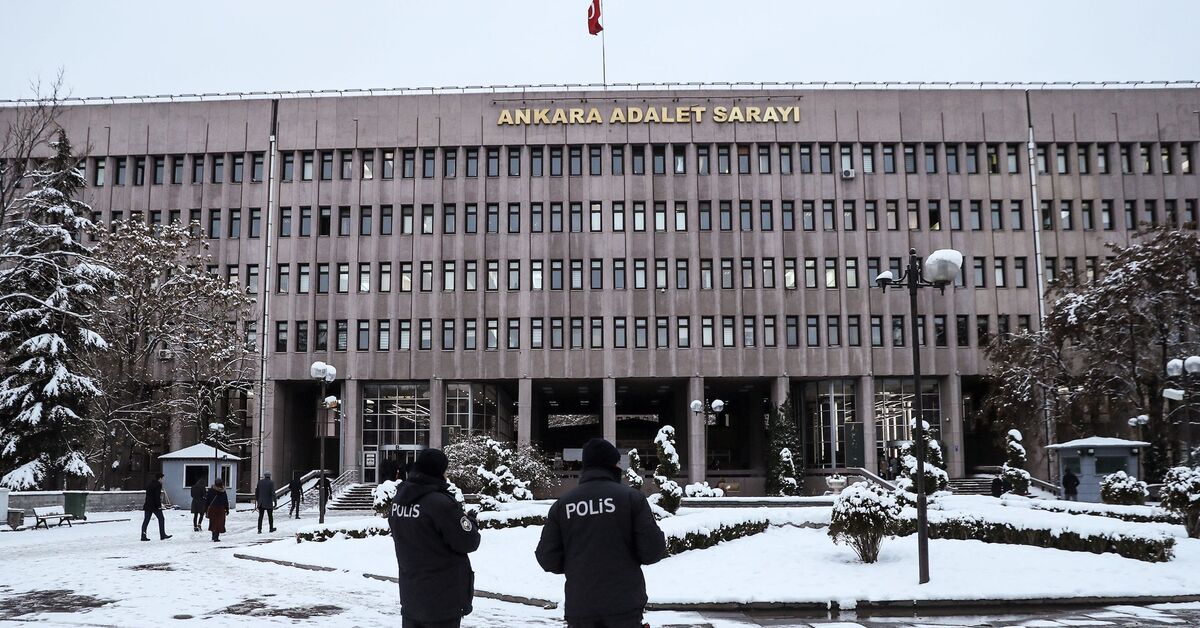114 Killed In 48 Hours, Najaf Peace Talks Fail
"I am overcome with deep grief as I declare that the efforts being made to reach a peaceful solution to the crisis in Najaf have failed," Iraq’s national security advisor Muwafaq Al-Rubaie told a news conference.
Al-Rubaie was quoted by Agence France-Presse (AFP) as saying the offensive on Najaf will resume after the failure of the talks.
More than a week of fighting between Shiite leader Moqtada Sadr’s Mehdi Army militia and US-backed Iraqi forces had stopped on Friday, August 13, to pave the way for the truce talks.
On the other hand, a spokesman for Sadr accused Iraqi Prime Minister Iyad Allawi of torpedoing efforts to end fighting in Najaf and warned against any "plot" to perpetrate a "massacre" in the holy city.
"We had agreed with Al-Rubaie on all points," Ali Smeisim told the Al-Jazeera satellite television station.
"Then interim Prime Minister Iyad Allawi ended it and called him back to Baghdad, and the American troops are now crawling on Najaf from two sides," he said.
Encircled by US troops in the sacred Imam Ali Mosque, Sadr pledged to stay in the city until victory or death, dampening hopes that Allawi’s government would be able to negotiate a speedy end to the bloody confrontation.
Militiamen remained in some streets around the Imam Ali Mosque and a nearby vast cemetery while US forces patrolled other parts of Najaf.
Huge Casualties
This came as 114 people were killed in fresh clashes in five cities during the last two days, putting a huge question mark on the future of security in Iraq, almost 17 month after the US-led "Iraqi Freedom Operation" went under way.
US forces said they killed about 50 fighters near the northern Iraqi town of Samarra, a mainly Sunni Muslim area where US troops have launched repeated raids to flush out those opposed to the presence of foreign troops in Iraq.
Warplanes screaming overhead dropped 500-pound bombs, while the fighters responded with rifle fire and rocket-propelled grenades, a US military statement said, adding there were no US casualties.
Casting doubt on the US toll, Iraqi police in Samarra said at least five people were killed and 50 wounded in fighting in the area, 62 miles north of Baghdad.
Fighting also raged between US troops and Sadr followers in the southern Shiite town of Hilla overnight.
Forty fighters and three police were killed, Iraq’s interior ministry said, although the health ministry said 10 people were killed.
US troops and Sadr fought sporadic clashes Saturday in the mainly Shiite Sadr City slum, a now routine occurrence in the 16-month clashes since last year’s US-led invasion.
Heavy machine-gun fire also erupted Saturday in Baghdad’s central Haifa street area, where US-backed Iraqi police were engaged in a furious standoff with fighters two days ago, AFP correspondents said.
Six American tanks blocked the entry roads to Haifa street, while one soldier using a loudhailer atop a tank was directing residents to stay indoors.
"There was a short burst of fire when some insurgents tried to attack a passing American tank," said one resident on condition of anonymity.
"The Americans returned fire. It lasted for a few minutes, and I do not think there were any casualties."
On Thursday, US jets screeched overhead and helicopters hovered over the area when fighters opened fire on an Iraqi police station.
US Casualties
Separately, the US military said one soldier and one marine were killed Friday in western Iraq, bringing the toll of US troops killed since last year’s invasion to 693, according to Reuters.
A US military statement said one US marine was killed in action and one soldier fatally wounded during separate incidents Friday in Al-Anbar province, which includes the volatile cities of Falluja and Ramadi.
This came as the US occupation forces facing a growing wave of anti-American sentiments among ordinary Iraqis furious over a sweeping offensive Thursday, August 12.
The bloody US raid was described by law experts as amounting to genocide.


